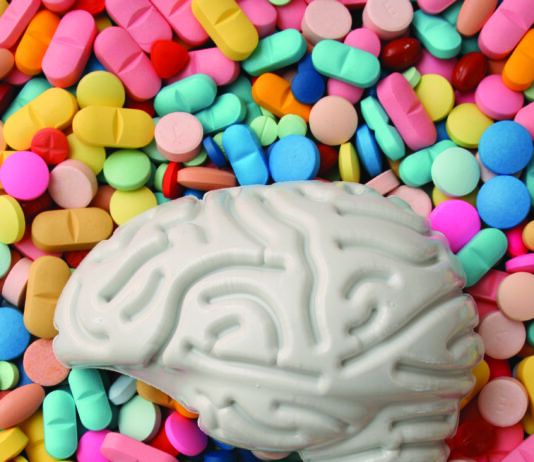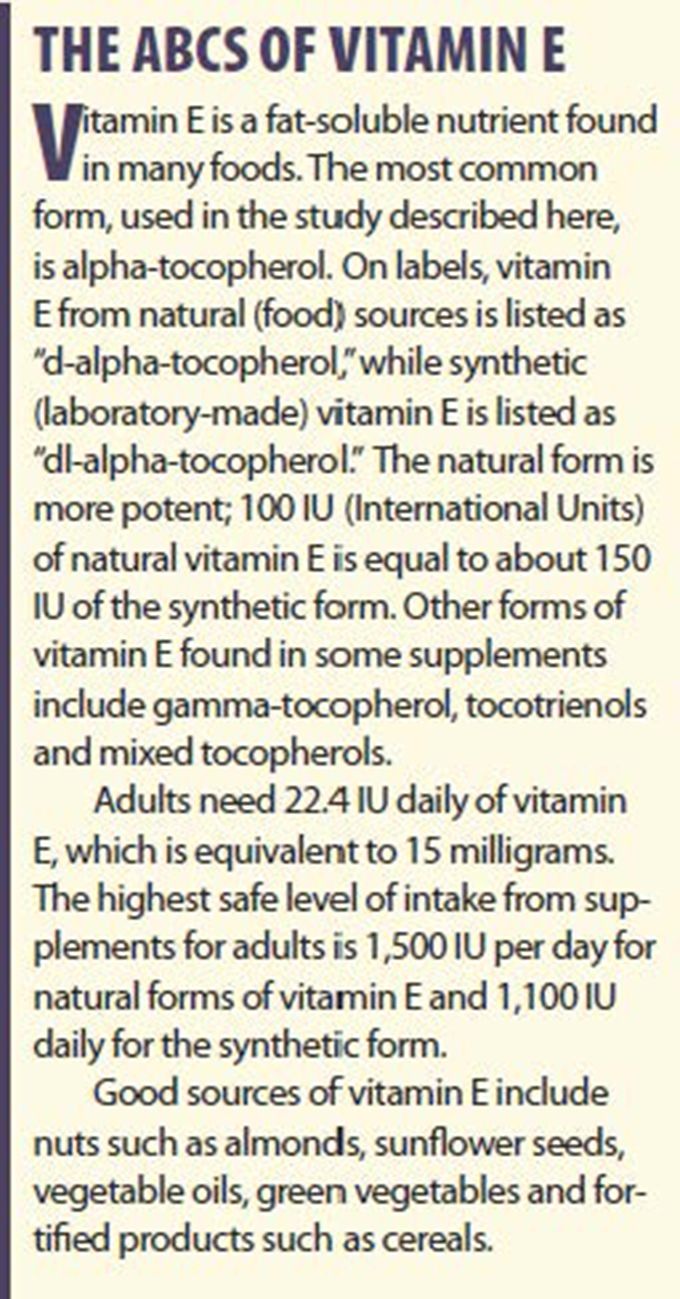Sniffing Out Alzheimers Disease
A decade or more before memory-related symptoms of Alzheimers disease (AD) appear, disordered processes are underway in the brain - including changes that may affect sense of smell. In a study published in Annals of Neurology, researchers gave 183 community-living older adults cognitive tests to assess brain function, followed by tests of their ability to recognize and remember familiar odors, such as leather, menthol and grape.
Eat Well to Keep Mind Sharp
Increasingly needing to write yourself reminder notes or repeatedly bumping into furniture after rearranging your living room (spatial memory) is frustrating, to say the least. It also may signal future cognitive decline, including dementia, a catch-all term for memory loss and difficulty with thinking, problem-solving or language, the most common of which is Alzheimer's disease.
Alzheimer’s Diet: Will Limiting Red Meat Help Stave Off Alzheimer’s?
You've heard time and again that it's not wise to eat too much red meat, especially if processed, since higher intakes are linked with increased risks of obesity, cardiovascular disease, type 2 diabetes and several cancers. A growing number of studies suggest dietary patterns high in meat may promote cognitive decline, too.
Better Diet and Sleep Might Help Protect Your Brain
Poor sleep quality and diet may contribute to the early accumulation of the plaques associated with Alzheimer's disease, according to a new review. Part of the reason may involve cortisol, a hormone manufactured by the body that plays a role in regulating many core functions, including sleep.
Keep Active to Protect Your Brain
Two new studies provide important evidence of how physical activity might reduce the risk of Alzheimer's disease and other forms of cognitive decline. One study reported that participants who were most active showed the least decline - the equivalent of 10 years of mental aging. In a second study, the most active older adults were found to have the largest volume of gray matter in brain regions typically affected most by Alzheimer's.
Fish Linked to Less Alzheimers Disease in Those Most at Risk
If concerns about mercury in seafood have kept you from the possible brain benefits of consuming more fish, an unusual new study has good news. Researchers did find that older adults who ate more seafood had higher brain levels of mercury - but that toxin was not associated with any signs of dementia. On the other hand, people at greatest genetic risk for Alzheimer's who consumed the most seafood showed less evidence of the diseases damage in the brain.
New Dietary Approach Against Alzheimers
While both a Mediterranean-style diet and the DASH eating plan are associated with brain benefits, a hybrid dietary pattern that combines the best of both with the latest cognitive research may protect memory and thinking even better. A new study reports that the MIND (Mediterranean-DASH Intervention for Neurodegenerative Delay) diet was associated with a slower rate of cognitive decline-equivalent to 7.5 years of younger age. Those with the highest MIND diet scores were 53% less likely to develop Alzheimers disease than those with the lowest scores.
Low Vitamin D Levels Linked to Greater Risk of Dementia
Could the "sunshine vitamin," known to be crucial to bone health, also help protect the aging brain against dementia and Alzheimer's disease? It's possible, says Robin B. Kanarek, PhD, Tufts professor of psychology. "There is mounting evidence demonstrating that vitamin D is critical for the normal functioning of the nervous system," she explains, "and that vitamin D deficiency may contribute to age-related decrements in cognitive behavior."
Evaluating Alternatives Against Alzheimers and Dementia
An estimated 5 million Americans age 65 and older have Alzheimers disease-a figure expected to increase 40% by 2025 and to nearly triple by mid-century, according to the Alzheimers Association . Many more suffer from other forms of dementia and from cognitive decline. Science is making unprecedented strides toward preventing and slowing such conditions, however. According to the National Institute of Neurological Disorders and Stroke, Scientists have learned more about the brain in the last 10 years than in all previous centuries, because of the accelerating pace of research in neurological and behavioral science and the development of new research techniques.
What You Need to Know About Vitamin E and Alzheimers
Do recent hopeful headlines about vitamin E and Alzheimers disease mean you should run out and buy vitamin E supplements? Not unless you or a loved one already has mild to moderate Alzheimers-and even then the experts are split. The latest findings, from a study of 613 mostly male veterans at 14 VA hospitals across the country, focused on slowing the progression of the disease, not preventing it in the first place.



































